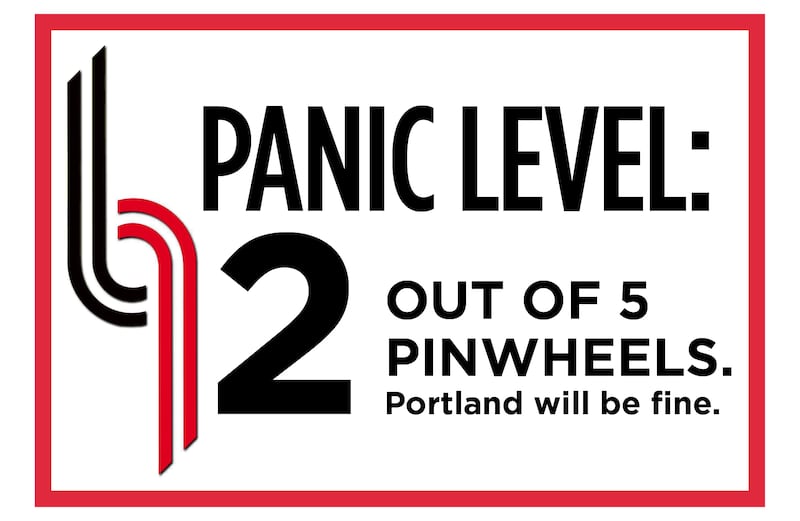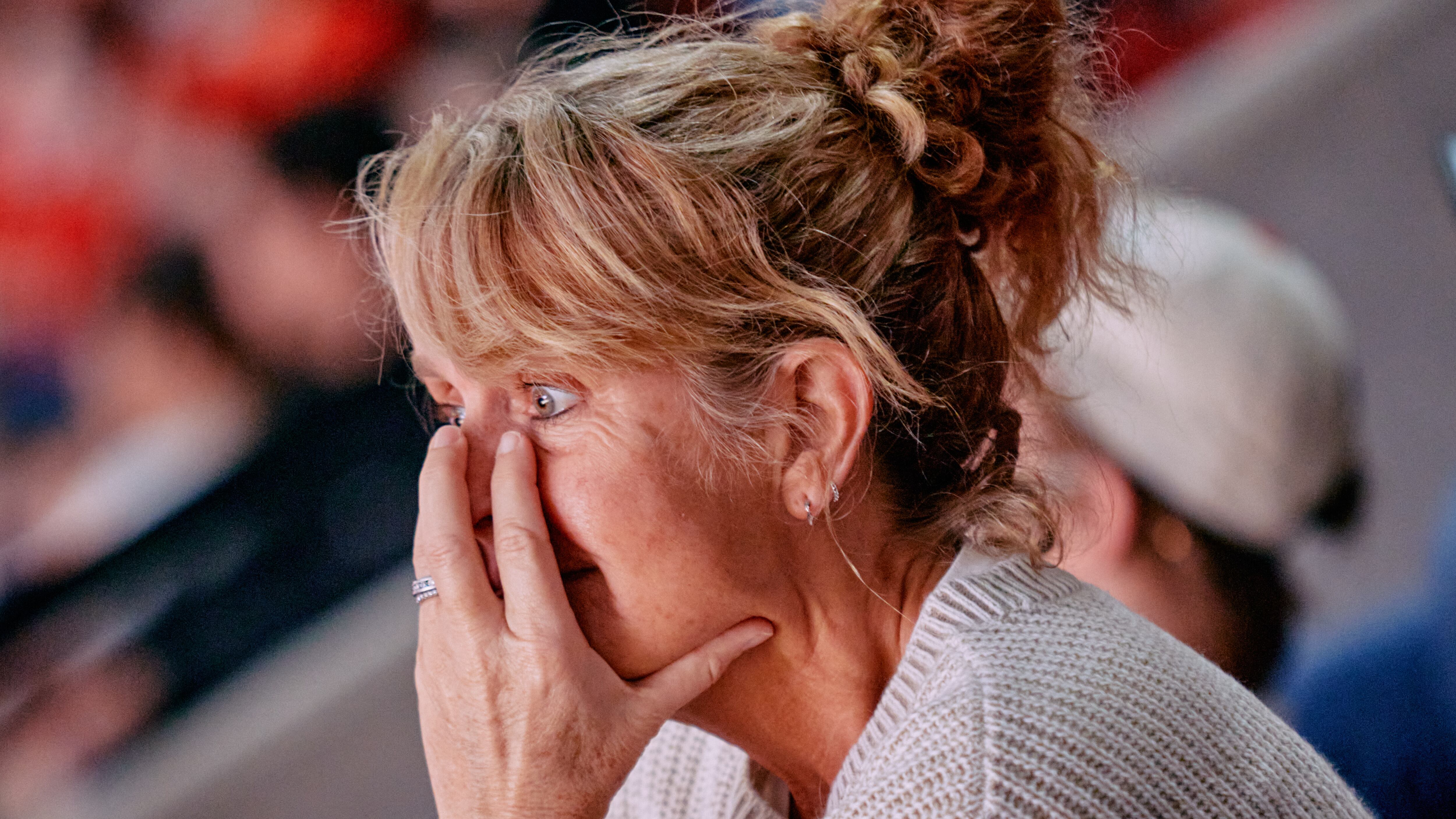Last week, Trail Blazers ownership put up a For Sale sign outside Moda Center. (Not literally, though we went and checked just to make sure.) Portland’s first major league professional sports franchise now enters the open market, one that’s fundamentally different from the one that existed when Paul Allen bought the team in 1988.
Allen was a curiosity then, the first tech owner of any major American sports franchise. He paid $70 million for the Blazers at the time, which looks like pocket change now. Seven years after his death, Allen’s estate is expected to sell the team for somewhere around $4 billion.
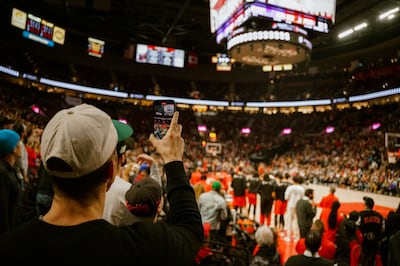
In the nearly 40 years since, there’s been a radical change to the context in which a city’s beloved NBA team goes up for sale. The league has changed, the kind of people who buy teams has changed, the power of the players and their union has changed, and the cities have changed—Portland as much as any of them. (Though the Rose Quarter itself hasn’t changed much since the arena opened in 1995, one reason the sale of the team feels like a watershed moment for more than sports fans.)
The news of the sale leaves us with two main questions. Who will buy the team, and will they move it out of Portland?
The answers appeared to many people as recently as last Tuesday to be “Phil Knight” and “no.” Then Knight released a statement saying that he wasn’t interested in the team, despite reports from 2022 that he had tried to buy it for $2 billion from Allen’s sister, Jody, who has acted as de facto owner since 2018.
Knight, 87, left out any overt references to Jody Allen or to his increasingly ham-handed attempts to use the New York Post against her to facilitate the team’s sale, though he did include a fun reference to himself as having been “a younger man” who had more of a stomach for such pursuits as a spry 84-year-old.
His statement initiated a sort of existential chaos around the team potentially leaving town. That’s a chilling thought to Earl Blumenauer, who represented Oregon’s 3rd Congressional District in Congress for nearly 30 years and described the team to WW as “part of Portland’s DNA.”
Blumenauer was a season-ticket holder for the Blazers’ inaugural season in 1970 and was in the building when the team won the 1977 Finals; he knows better than anybody what we’ve had and what we would stand to lose. “The Blazers captured the community. The spirit, the energy—a sense of cohesive community spirit that was just astounding. They touched the soul of the city,” Blumenauer told WW. “I am hopeful that there will be a way to retain local ownership and management of the Trail Blazers.”
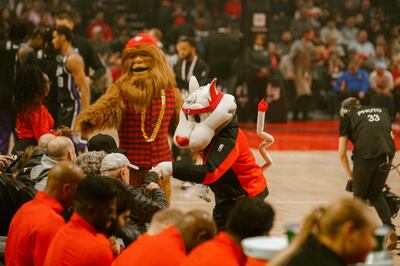
That these iterations of the city and the NBA are the ones under which the Blazers will be sold is, in short, very bad. Portland has never been more vulnerable—the metro area’s population has plateaued, well-meaning people are launching campaigns to reassure us that Portland Will Be Fine—and the league has never been more volatile, at least in a period when people were making lots of money.
There are, however, a few forces at work that seem to portend a happy resolution. Also releasing a statement about the team last week was Oregon’s senior U.S. senator, Ron Wyden. This came in the form of a letter to the NBA’s commissioner, Adam Silver, and said things like, “I stand ready to contribute however I can to continuing the long-established and successful partnership between Portland and the NBA.”
Wyden and Silver have a relationship that dates back to the mid-’80s, when Wyden was a young congressman and Silver was interning for his colleague in the House, Les AuCoin. “Adam has been a friend for a long time,” Wyden told WW in 2022. “He [understands] how important it is to have the club in Portland. I’ve also made it clear I’m going to watchdog the process—because if you can have the Sonics leave Seattle out of nowhere for Oklahoma City, you can’t let your guard down.”
While still deputy commissioner, Silver saw the league’s 2008 Seattle debacle and its fallout up close, and he went on to play a key role in making sure that the Sacramento Kings weren’t themselves sold and moved to Seattle five years later.
It helps that Portland has always been a profitable market for the league and that the two cities talked up as being the most viable as future homes to NBA franchises are already slated for expansion. “Nothing is done until it’s done, but the league has done significant legwork behind the scenes to line up ownership groups in Seattle and Las Vegas, and I’ll be shocked if they’re not announced in the next few years,” says Sean Highkin, an independent journalist who covers the team through his publication The Rose Garden Report.
Without speaking too much to the mechanisms behind the Phil Knight as Corporate Philanthropist God King narrative and its authors, he does remain the one buyer who could unilaterally assure people that the team will remain in Portland.
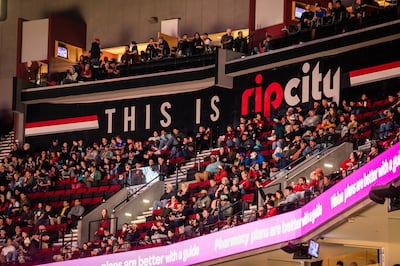
The problem is finding a buyer who is both rich enough and loyal enough to the city. The Venn diagram showing (a) the list of potential buyers who have Oregon roots of any real note and would thus seem most likely to keep the team in Portland and (b) the list of buyers who have enough capital to credibly find a seat at the table has Knight alone in the middle. Knight, with a net worth north of $35 billion, has eight times as much money as the next-closest Oregonian (though Nvidia’s CEO Jensen Huang, the 11th-richest person in the world, recently gave $50 million to his alma mater, Oregon State University).
The names on the former list would have to either form a consortium with each other or bring in outside capital to shore up their bid, and they include Travis Boersma (the founder of Dutch Bros, net worth of $4 billion), Tim Boyle (Columbia Sportswear, $2.3 billion), and the Bhathal family, who own the Thorns and yet-to-be-named Portland WNBA franchise.
The latter includes pretty much any of the 300 or so people in the world with a net worth at or above $10 billion (or at least those who don’t already own an NBA franchise). Somebody like Jeff Bezos buying the team or a private equity firm acquiring a large share is very much in play. It’s also possible that a piece of the team ends up in the hands of a foreign country, like the 5% chunk of the Wizards that was sold to Qatar’s sovereign wealth fund in 2023.
The situation, at this point, is still more likely to turn out just fine than it is to devolve into a nightmare. The only thing we know for sure is that what we want has nothing to do with what will happen.
Panic Level: 2 out of 5 pinwheels.
Portland will be fine.
